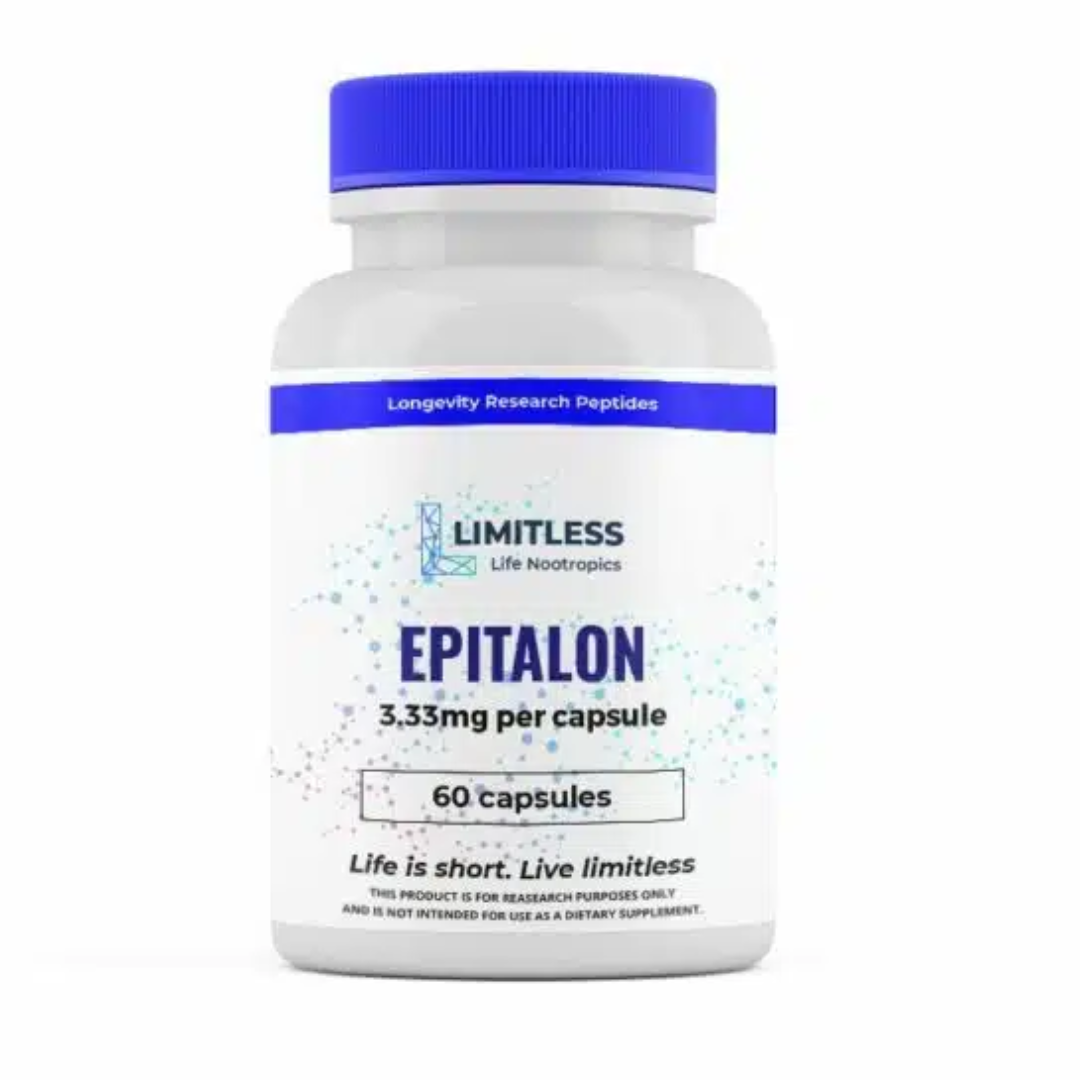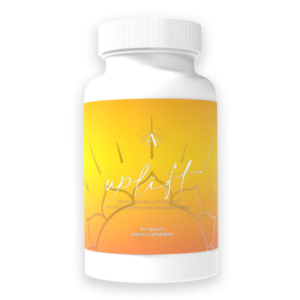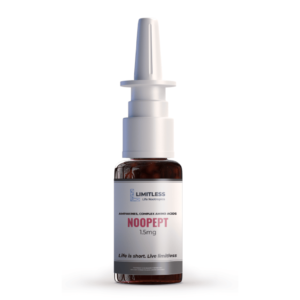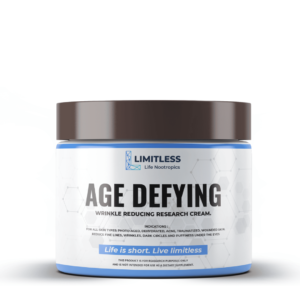Description
Epitalon and Anti-Aging and Longevity
Epitalon has been a subject of interest in longevity research for its potential anti-aging effects. A study published in 2003 explored the impact of Epitalon on female Swiss-derived SHR mice, revealing that while the peptide did not affect food consumption, body weight, or mean lifespan, it did slow down age-related estrous function decline and reduced chromosome aberrations in bone marrow cells. Notably, Epitalon increased the lifespan of the last 10% of survivors by 13.3% and the maximum lifespan by 12.3% compared to the control group. It also inhibited the development of leukemia, suggesting a geroprotective activity and the safety of its long-term administration in mice.
Another study highlighted Epitalon’s role in gene expression and protein synthesis during neurogenesis, suggesting an epigenetic mechanism. The peptide was shown to stimulate neuronal cell differentiation in retinal and human periodontal ligament stem cells, indicating its potential in neuroprotective strategies.
Epitalon’s anti-aging properties are linked to its ability to activate telomerase, an enzyme that elongates telomeres, the protective caps at the ends of chromosomes that shorten with age. By maintaining telomere length, Epitalon could theoretically slow the aging process at the cellular level, offering a promising avenue for research into extending human healthspan.
ENROLL IN OUR FREE VIP PEPTIDE CLUB AND USE THE CODE HLI TO SAVE AN EXTRA 10%





